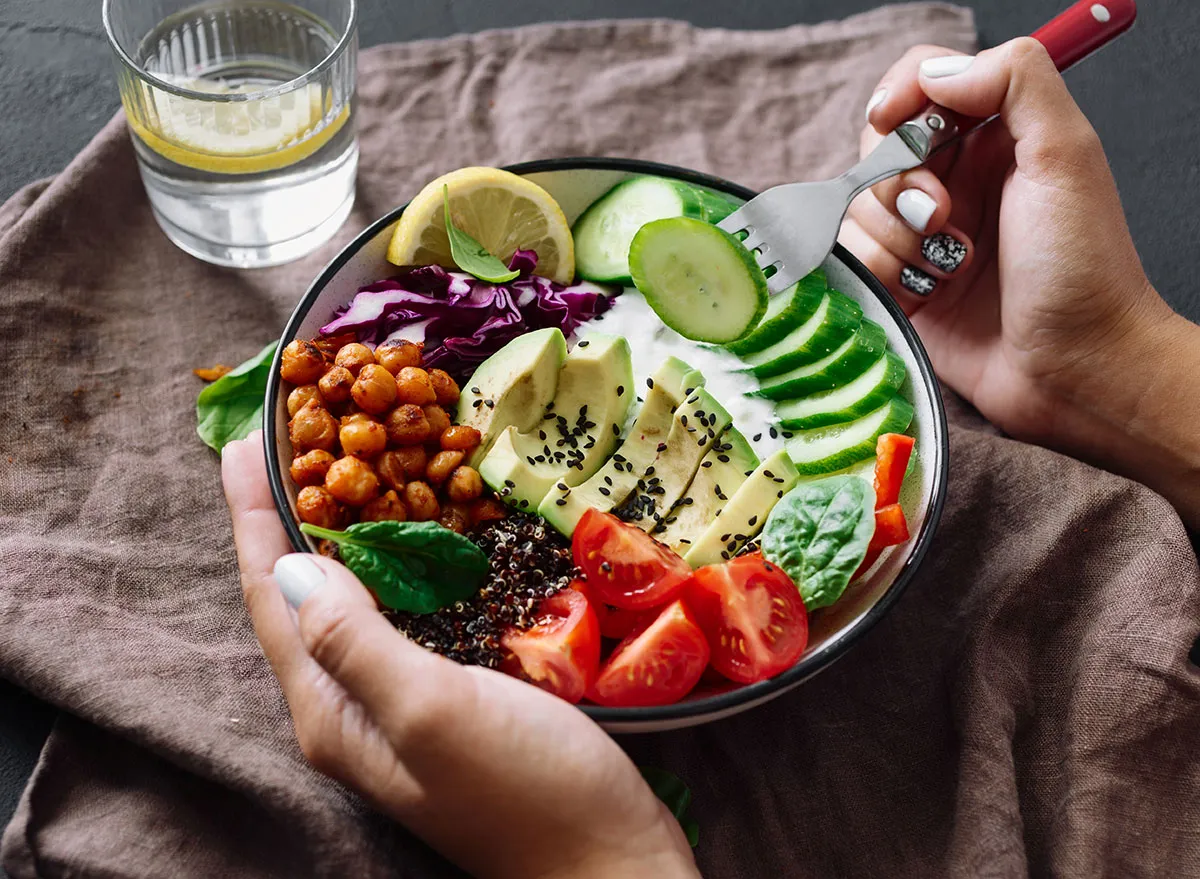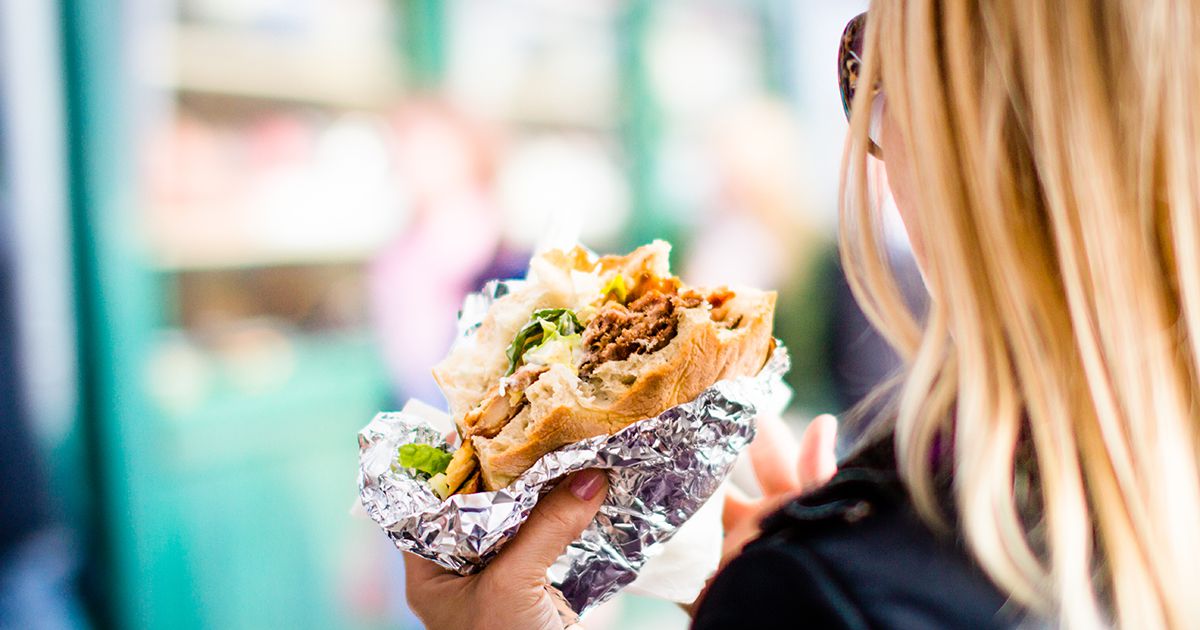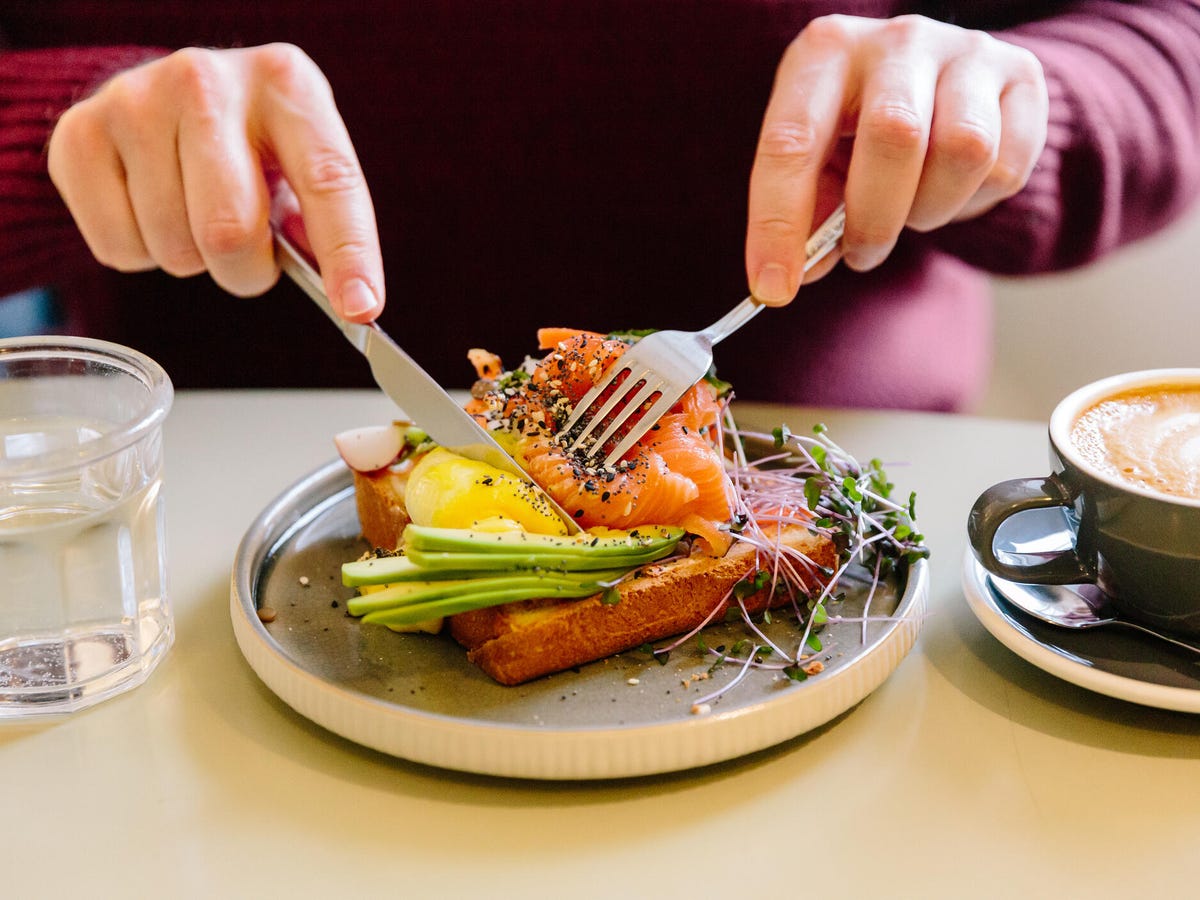Listen to Your Body
One of the most important things to remember when it comes to eating when you’re full is to listen to your body. Your body is incredibly smart and knows when it’s had enough to eat. Pay attention to the signals it’s sending you and stop eating when you start to feel satisfied. This may take some practice, but with time and mindfulness, you can learn to recognize when you’re full and honor that feeling.
Slow Down
It’s easy to overeat when you’re not paying attention to your food. Eating slowly allows your body to register feelings of fullness, preventing you from overeating. Try to savor each bite, chew your food thoroughly, and take breaks between bites. This will give your body the chance to communicate with you and let you know when it’s time to stop eating.
Choose Nutrient-Dense Foods
When you do eat, focus on consuming nutrient-dense foods that will provide your body with the essential vitamins and minerals it needs to function at its best. Foods like fruits, vegetables, lean proteins, and whole grains not only nourish your body but also tend to be more filling, making it easier to recognize when you’re full.
Avoid Distractions
Eating in front of the TV or computer can lead to mindless eating, making it harder to recognize when you’re full. Instead, try to eat without distractions and focus on the experience of eating. This will help you tune into your body’s signals and prevent overeating.
Practice Mindful Eating
Mindful eating involves being fully present and engaged with your food. Take the time to appreciate the flavors, textures, and aromas of your meal. By being mindful, you can better tune into your body’s signals and know when it’s time to stop eating.
Use Smaller Plates
Using smaller plates can help with portion control, making it easier to eat an appropriate amount of food. When your plate is full, it can trick your brain into thinking you’re eating more than you actually are. This can help prevent overeating and make it easier to stop when you’re full.
Stay Hydrated
Drinking plenty of water throughout the day can help prevent overeating. Sometimes, feelings of hunger are actually signs of dehydration. By staying hydrated, you can better tune into your body’s signals and know when you’re truly hungry versus when you’re just thirsty.
Don’t Be Afraid to Leave Food on Your Plate
Many of us were raised with the idea that we should finish everything on our plates. However, it’s important to remember that it’s okay to leave food behind if you’re full. Listen to your body and honor its signals, even if it means not finishing everything on your plate.
Conclusion
Learning how to eat when you’re full is an important skill that can help you maintain a healthy relationship with food. By listening to your body, practicing mindful eating, and choosing nutrient-dense foods, you can better tune into your body’s signals and know when it’s time to stop eating. Remember, it’s okay to leave food on your plate and prioritize your body’s needs over finishing every last bite.











